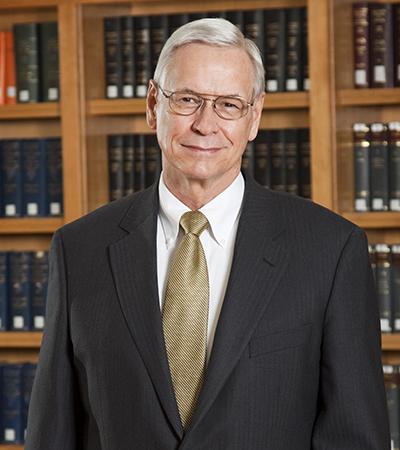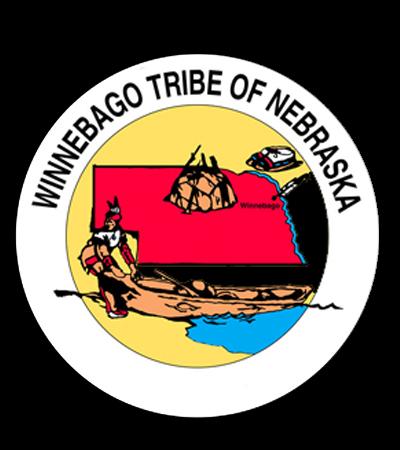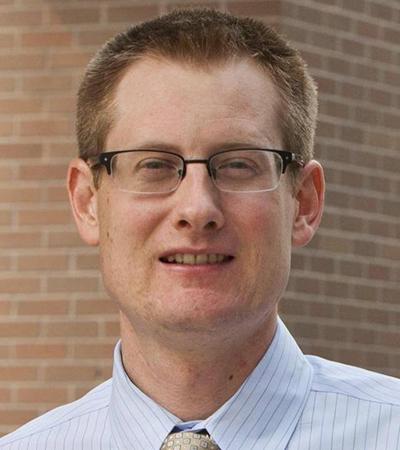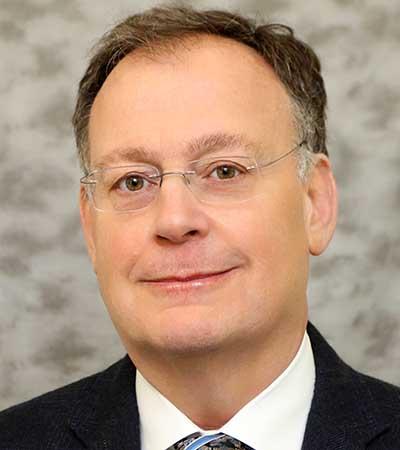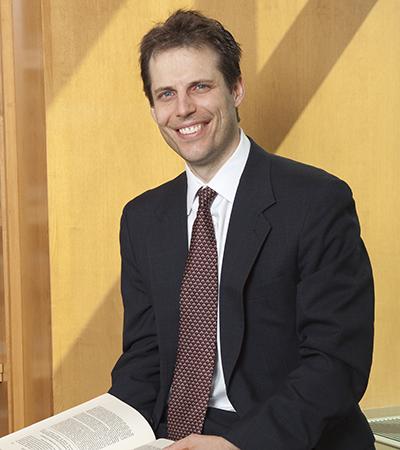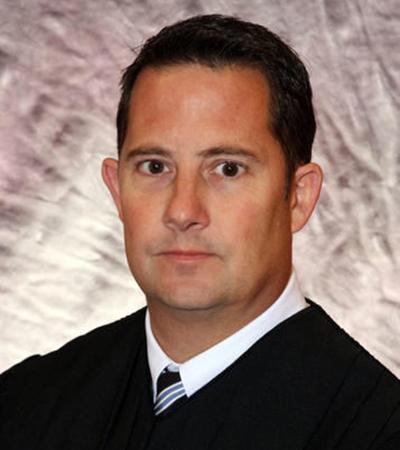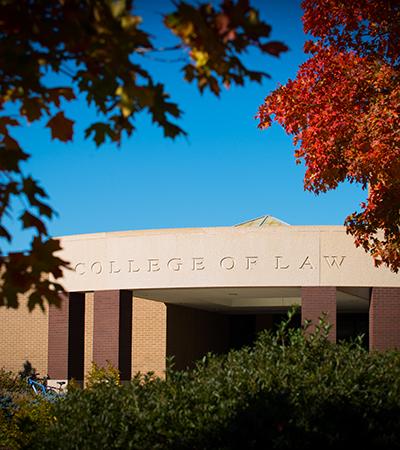Professor Thimmesch Discusses the Legal Issues Raised by Pokémon Go
14 Jul 2016
Pokémon Go has grown in a short period of time to be a worldwide phenomenon. Over 7 million people in the U.S. alone have downloaded the application, the application has more daily active users than Twitter, and Nintendo stock has surged, adding roughly $7.5 billion to the market value of the company. The game’s popularity is staggering, but follows the incredible success of other applications like Angry Birds, Clash of Clans, and Fruit Ninja. What makes Pokémon Go different, though, is its use of technology to take players out into the real world. Pokémon Go users do not sit on their couches. (Except those who lazily use incense to draw Pokémon to them.) Instead, they go out into the community seeking out Pokémon, Pokéstops, and Pokémon Gyms. The application uses “augmented reality” to place these attractions in the real world, and is the first mainstream game to use the technology to this degree of success.
It is the augmented reality aspect of Pokémon Go that has caused some significant problems, though. Users have found themselves causing traffic accidents or personal injury. Users have stumbled upon dead bodies and have caused calls to the neighborhood police. Pokémon Go thus not only takes users out into the real world, but it brings real world issues into the gaming world. As with any other new technology, this causes some tension—both with how existing laws apply to that technology and at how the technology might change existing law. So what are the potential legal issues raised by Pokémon Go? There are many, and they range from the very real to the theoretical, and these issues will give legal enthusiasts material to discuss for as long as the augmented-reality craze lasts. The material below introduces some of these issues and questions.
Property, Tort, and Criminal Laws Still Apply. Property owners generally have a right to exclude others from their property, and that doesn’t change if a Pikachu happens to “appear” on their lawn. Gamers who walk onto private property in the quest to “catch ‘em all” can face charges for trespass. Pokémon Go trainers who are driving, riding, or walking and playing are likely incredibly distracted and can cause significant injury to themselves or others. Negligence laws might apply to make individuals liable for any damages that they cause while distracted by the Pokémon Go app. Some are questioning whether the application’s developers could also be held liable for these violations. It is the developer that directs individuals to those locations after all. The bottom line is to think and to be careful. Real world rights and responsibilities still exist within the Pokémon Go universe.
Users whose actions go too far can also face criminal sanctions. Trespass can be a crime, and that should not be taken lightly. Some locations—like UNL’s Memorial Stadium—are providing users with special access for Pokémon hunting, and users should carefully abide by the limitations set forth by the property owners in those situations. The criminal issues could go beyond trespass, of course. Pokémon battles are a part of the game, but real-world tensions could lead to criminal assault or battery. Pokémon users are generally a peaceful group, so it is likely that the more common legal issue that will arise will be violations of the traffic laws. Claiming that you were distracted by a Pokémon alert will not provide a defense.
Augmented-reality gaming like Pokémon Go also has the potential to raise some more interesting theoretical questions. Does a property owner have a right to the Rhyhorn that another collects while trespassing on her land? Can a business bring suit against a developer for the disruption caused by the placement of a digital object on her property? What are the rights of places like the Holocaust Museum to opt out of being included in the game? Can the use of the application be restricted on public property? The use of augmented-reality gaming has the potential to raise these types of questions.
We do not yet know the answers to all of these questions. What we do know is that users have very limited property rights in their Pokémon Go accounts. The terms of service for the application provide that users are provided with only a limited right to their Pokémon. They do not obtain any property rights in those digital assets, and they cannot be sold, transferred, or exchanged for other Pokémon Go assets, for money, for services, or any other consideration. Those limitations apply equally to items purchased in the application. The purchase of items like Pokéballs, incense, lucky eggs, or Pokécoins is only the purchase of a “limited, nontransferable, non-sublicenseable, revocable license” to use those items in the Pokémon Go application. Under the terms of service, users obtain no property rights in those items, and the developer can even cancel, suspend, or terminate your account and has no responsibility to provide a refund for those items. Invest in, and develop, your Pokémon at your own risk!
U.S. Privacy Protections Are Limited. Users who download the Pokémon Go app must give that application a wide range of permissions. Those allow the game’s developer access to potentially significant information regarding your personal habits. That obviously includes the location data generated from the use of GPS while playing the game, but it also might include access to your Gmail and to other sensitive personal information. What users should know is that U.S. privacy laws have largely adopted a notice and consent model, where your rights are determined by contract. That means that a company can essentially collect whatever information it requests, as long as you hit “accept” and download the application. Public pressure is the only recourse that users have, and it appears as though that avenue might have succeeded in causing the developers of Pokémon Go to work on limiting the permissions that the application requires. Nothing legally requires that change though, and future developers may not take a similar approach. Users should carefully monitor applications’ requested permissions to ensure that they are comfortable disclosing the required information. The law is of little help in this regard.
Pokémon Go and Tax Laws. It is often said that taxes are one of the two certainties of life, but how do taxes apply to the Pokémon Go world? While there is no Poké tax collector in the app, the game does have real-world tax implications. To start, the success of the application highlights how new technologies are undermining our traditional tax systems. State revenue systems, for example, are often heavily reliant on sales taxes, which have traditionally applied to sales of tangible personal property and of some services. A customer who purchases a toy Pokéball in a store would generally pay state sales tax on that purchase, but she might not pay that tax if she buys a digital version through the Pokémon Go app. The shift of more commerce to digital assets has already placed additional pressure on outdated state tax systems, and the rise of games like Pokémon Go will only further that stress. Your state might already require sales tax on purchases in Pokémon Go or it might start doing so in order to place digital purchases on an even playing field with purchases of tangible assets.
The rise of business models involving digital assets is also a part of the ability of companies to shift profits offshore and to reduce their U.S. income tax payments. A vendor who sells a physical product in the U.S. likely has a U.S. income-tax obligation on its profits. A sale of a digital asset, though, might produce different tax results. The particular tax result obviously depends on the legal and operating structure of the company, but the basic issue is part of the discussions occurring worldwide about how to modernize global tax systems to avoid the use of tax havens to reduce tax payments.
At a more theoretical level, tax scholars have long wondered whether and how the receipt and use of in-game digital assets should be taxed. This started with games like Second Life and World of Warcraft, but could now come to include games like Pokémon Go. At this point, these discussions have been simply academic, but this might become a bigger issue if applications like Pokémon Go continue to gain popularity and generate revenue. The theoretical issues can be especially interesting when applications use a freemium model where users get applications for free, but can pay for in-app upgrades. Pokémon Go, for example, gives users free Pokémon balls when they start, but also allows users to buy more balls for a price. (Currently $0.99 cents for 20 Pokéballs.) By placing a value on those items, the Pokémon Go developers have given them a market value. Could we see a world where getting free Pokéballs at a Pokéstop is a taxable event? Should we recognize that individual Pokémon trainers are really working for Nintendo by providing them endless streams of data? How should the law treat this new type of labor? These are the types of questions that can be raised by these new business models.
Alternative Dispute Resolution. The popular perception of the American justice system generally involves the use of courts to resolve disputes. That is not quite how things work for most disputes with large companies. The Pokémon Go terms of service expressly provide that most disputes arising out of the application will be handled by arbitration, which is a process where non-judges issue binding decisions in disputes without the use of a trial. Under the Pokémon Go terms of service, claims under $10,000 will be handled by written materials only unless you can convince the arbitrator otherwise. Individuals will not have a right to present their case to a judge, jury, or in person to the arbitrator. Users can opt out of that clause, but they must provide the developers with written notice of that choice within 30 days of downloading the application.
Law Isn’t Everything. It can be easy to think of law as the method by which social groups are governed. The law tells us what we can and cannot do and the sanctions for violating those mandates. Social norms also play a significant role in shaping human behavior, though. A property owner might have a legal right to exclude others from her property, but few quibble with a child retrieving an errant ball from their lawn. We thus might expect that an occasional excursion into your neighbor’s lawn to catch a rare Pokémon might be permitted, but inviting ten friends to join you will cause some conflict. Pokémon Go will provide numerous opportunities for individuals to interact in novel situations, and norms of conduct will undoubtedly arise. What sort of social guidelines will govern Pokémon trades? What about conflicts over limited space at a Pokéstop? Users should pay close attention to the social norms that develop as well as the hard legal rules that are in place. It is often the case that technical legal violations do not cause complaint until some more permissive social norm is violated.
These are just a few of the many legal issues that Pokémon Go and similar games raise. Many of the issues require only straightforward applications of existing law, while others raise interesting policy issues that might become more urgent as the economy continues to shift to this type of recreational activity. The success of Pokémon Go will only create further incentive for developers to create this type of game, and users and the legal system will need to adapt. In the meantime, good luck filling your Pokédex!
 Adam B. Thimmesch is an Assistant Professor of Law at the University of Nebraska College of Law. Professor Thimmesch focuses his research on tax matters and the impact of new technology on existing legal systems. He is only a level four Pokémon trainer, but his kids would prefer that he play more often and start training for future battles.
Adam B. Thimmesch is an Assistant Professor of Law at the University of Nebraska College of Law. Professor Thimmesch focuses his research on tax matters and the impact of new technology on existing legal systems. He is only a level four Pokémon trainer, but his kids would prefer that he play more often and start training for future battles.
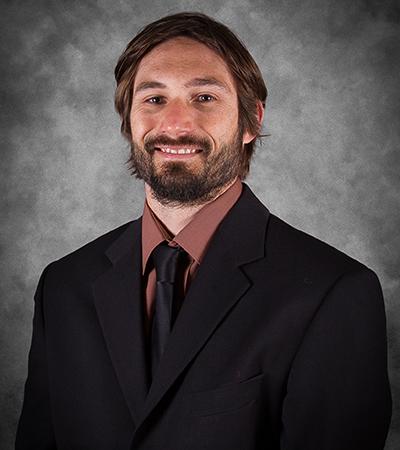
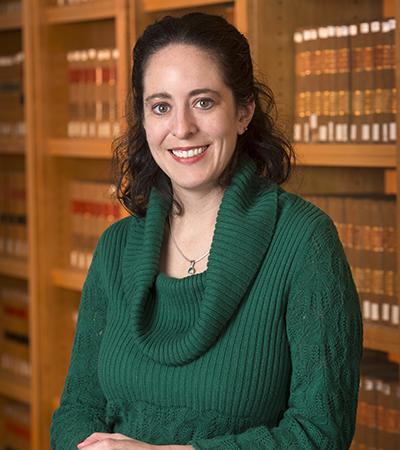
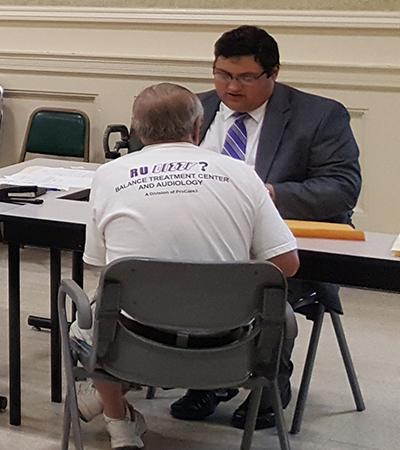
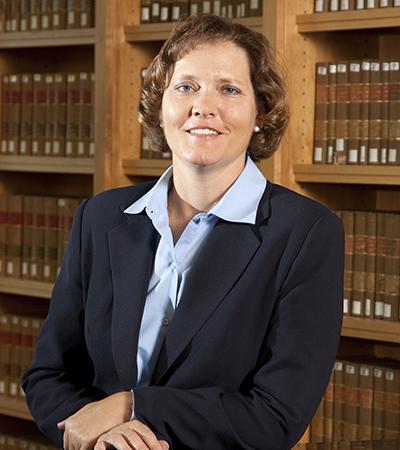
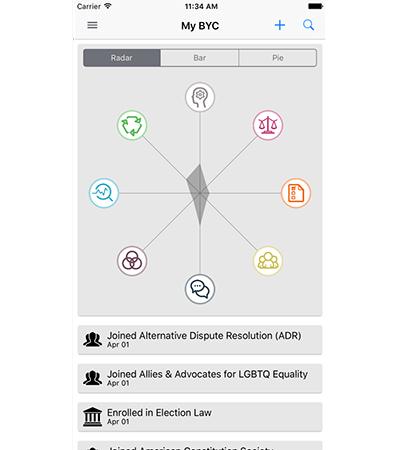
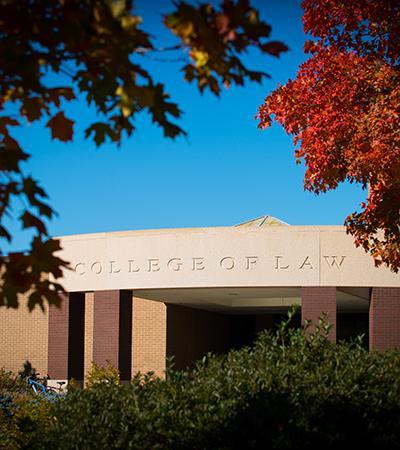
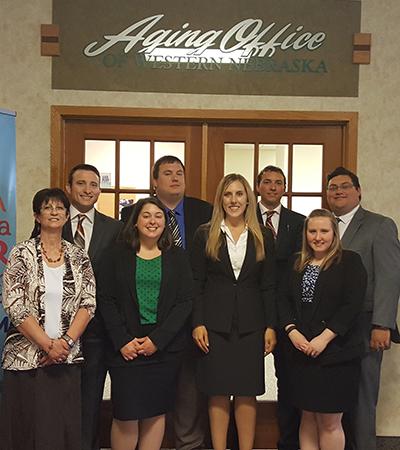
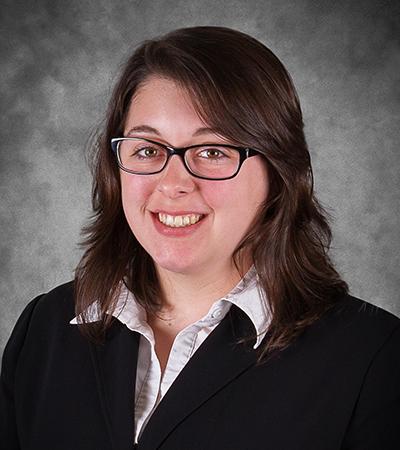
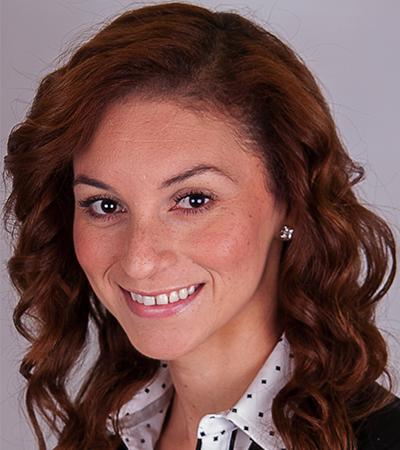
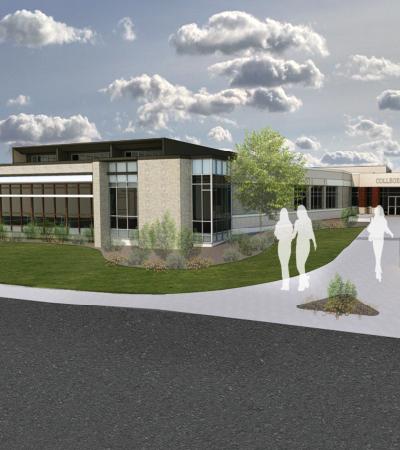
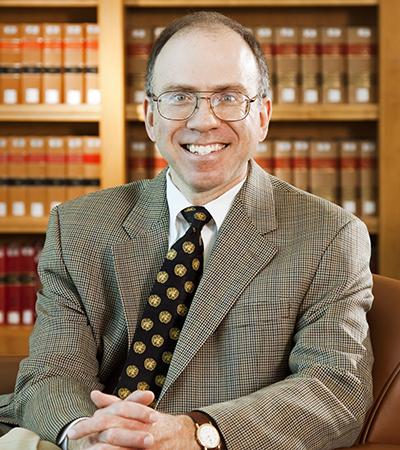
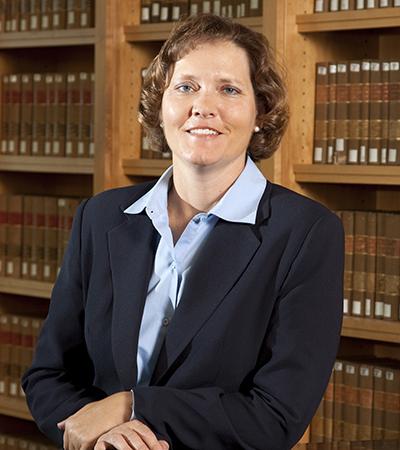
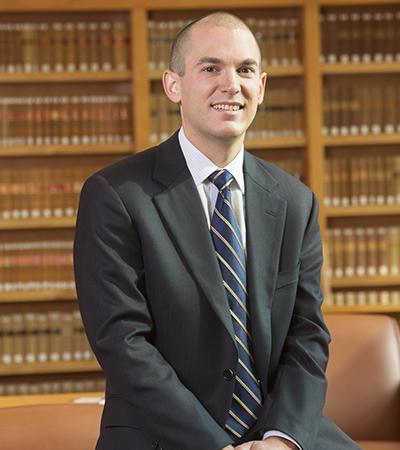
 Adam B. Thimmesch is an Assistant Professor of Law at the University of Nebraska College of Law. Professor Thimmesch focuses his research on tax matters and the impact of new technology on existing legal systems. He is only a level four Pokémon trainer, but his kids would prefer that he play more often and start training for future battles.
Adam B. Thimmesch is an Assistant Professor of Law at the University of Nebraska College of Law. Professor Thimmesch focuses his research on tax matters and the impact of new technology on existing legal systems. He is only a level four Pokémon trainer, but his kids would prefer that he play more often and start training for future battles. 